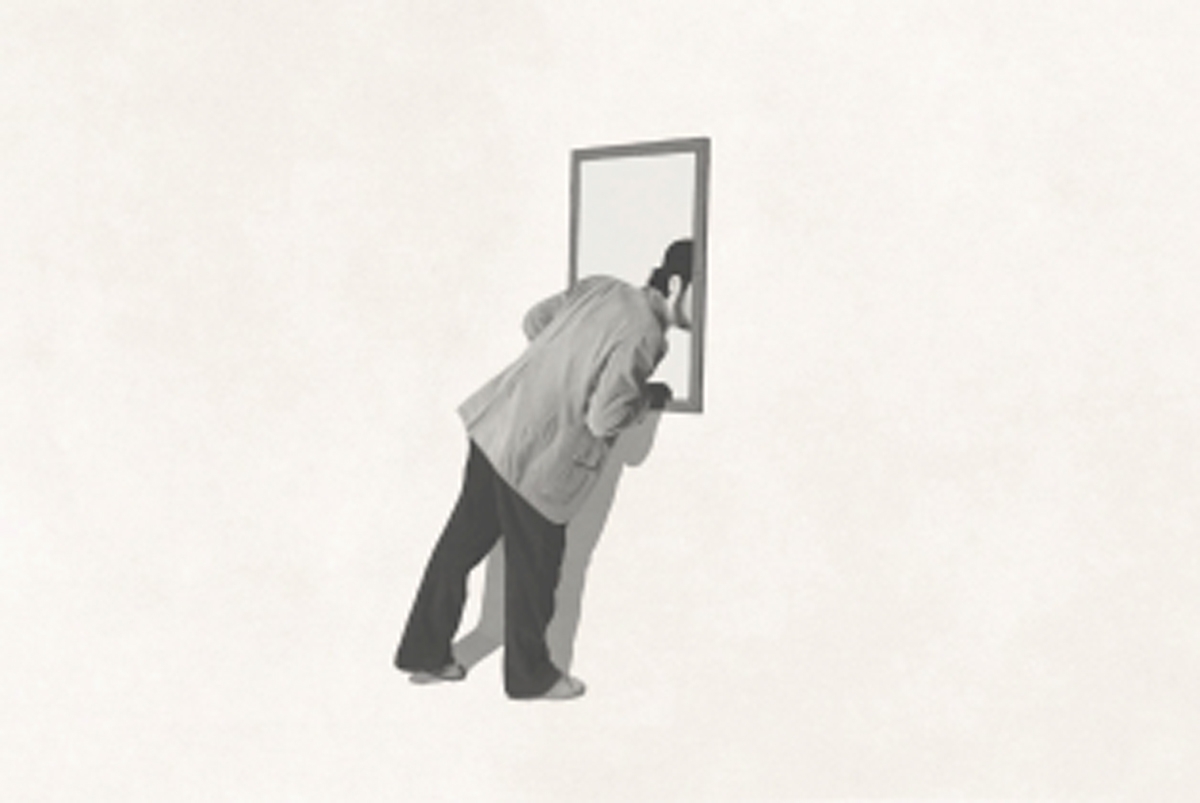What is Dramaturgy?
Dramaturgy, plainly, is the study of how drama works. It is the theoretical and practical investigation of the full life of a dramatic work; from ideation & production to critical response & historical legacy and the various steps and processes in between. Dramaturgy explores both the making of and the afterlives of embodied dramatic content, as well as the ways in which drama or its principles show up in our real lives.
On a more granular level, the study of dramaturgy can - and in this minor will - entail a deep engagement with the creative process, dramatic structure, historical context, theoretical inquiry, research methodology, adaptation, interdisciplinarity, curation, world-making, and criticism. We will read across a multiplicity of languages: spoken, written, visual, and body. And think expansively about Dramaturgy’s potential as a bolster to primary practice. In short, we will take on the study of dramaturgy as a way of thinking, seeing, and arranging the world around us, rather than a role to fill on any given production.
Students interested in Dramaturgy often ask:
RESEARCH
- What is the relationship between dramatic theory and embodied practice?
- How is theory applied in making artistic content?
- How does my specific point of view impact the work I make and the work I encounter?
- What research or archive can I explore to support my artistic vision?
PROCESS
- What tools do I have (or need) to best serve the collaborative process?
- How does research inform the creative process?
- How are the stories I tell or receive structured or created and to what end?
- What critical interventions can I make on a work before it is finished to strengthen the end product?
CONTEXT
- What historical or present context amplifies or supports the work I make?
- What political or social contexts inform my making or viewing?
- What is the relationship between theater and the broader culture?
